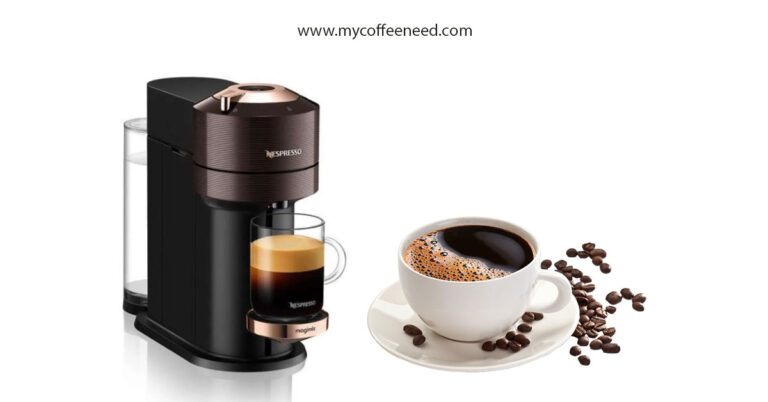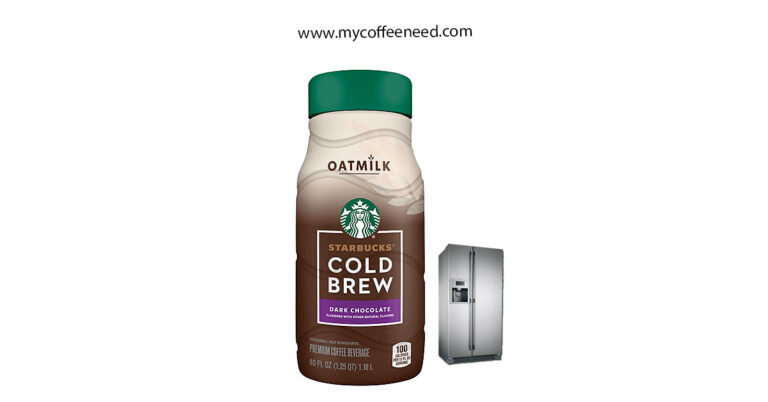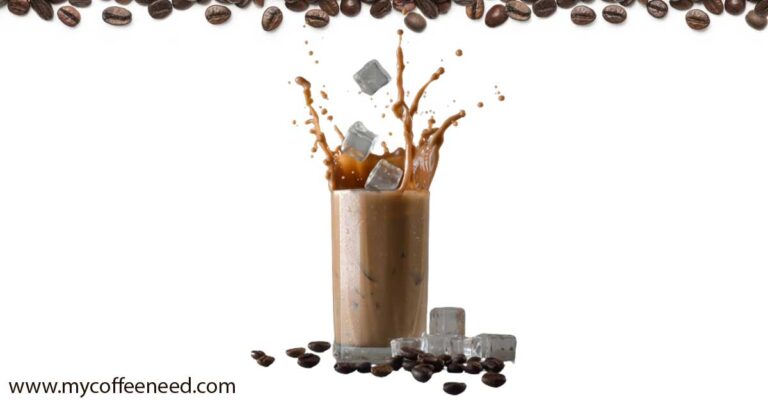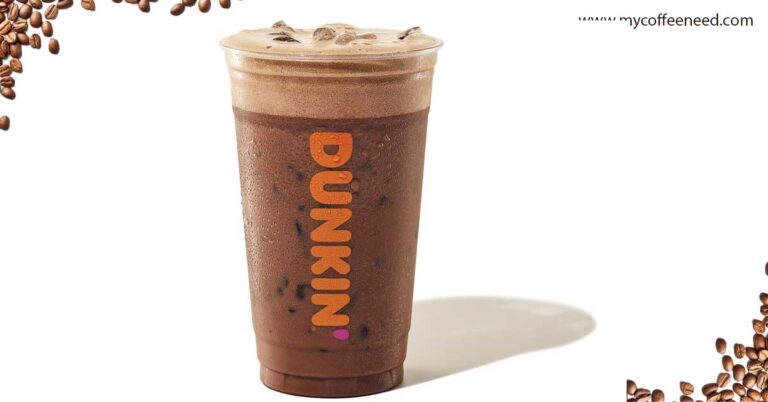Can Coffee Make You Bloated? 7 Surprising Truths Unveiled
In the realm of morning rituals, coffee stands as an unwavering champion. However, an intriguing question looms, Can coffee be the subtle saboteur behind the discomfort of bloating? The intricate relationship between your favorite brew and digestive well being.
The nuances of caffeine, acidity and individual sensitivities as we decipher the mystery behind that occasional post coffee puffiness. For those seeking clarity on the age old query, Can Coffee Make You Bloated? The labyrinth of coffee and digestive dynamics with us. The science and set the record straight.
Why Does Coffee Cause Bloating?
Coffee, often hailed as the elixir of alertness, harbors complexities that extend beyond its aromatic allure. The journey to understanding why coffee may induce bloating begins with its inherent properties.
Primarily, caffeine, a central player in coffee’s stimulating effects, triggers the gastrointestinal tract, prompting increased gastric acid secretion. This surge in acidity can disrupt the delicate balance of the digestive system, potentially leading to bloating.
Furthermore, coffee’s inherent richness in compounds like chlorogenic acid and catechol’s can stimulate the production of stomach acid, fostering an environment conducive to bloating for some individuals.
Additionally, caffeine’s laxative effects can accelerate gastrointestinal transit, causing gas and bloating as food moves through the digestive tract at an expedited pace.
Moreover, for those with sensitivities to certain components in coffee, such as lactose in creamers or additives, bloating may manifest as a result of the body’s reaction to these substances. Understanding the interplay between coffee’s constituents and individual digestive responses is pivotal in unraveling the mystery behind coffee induced bloating.
By dissecting the intricate mechanisms at play, we illuminate the path toward informed choices and proactive measures to mitigate the discomfort associated with coffee consumption.
Which Type Of Coffee Is Better For Bloating?
When embarking on the quest to mitigate bloating without bidding farewell to your beloved brew, strategic coffee selection emerges as a beacon of hope. Understanding the nuances of different coffee varieties can empower you to make informed choices conducive to digestive comfort.
Low Acidity Coffees
Opting for low acidity coffee varieties can be a game changer for individuals prone to bloating. Acidity levels vary among coffee beans, with some boasting milder profiles that are gentler on the digestive system.
Dark Roasts
Dark roasted coffee beans undergo longer roasting periods, resulting in reduced acidity compared to their lighter counterparts. This characteristic makes dark roasts a favorable option for those seeking to minimize the risk of bloating.
Decaffeinated Coffee
For individuals sensitive to caffeine, exploring decaffeinated coffee options can offer respite from the potential digestive disturbances associated with caffeine consumption. Decaf coffee provides a gentler alternative without compromising on flavor.
Cold Brew Coffee
Cold brew coffee, characterized by its prolonged steeping process in cold water, boasts a smoother, less acidic profile compared to conventionally brewed coffee. This method of preparation can be particularly appealing to individuals seeking a milder coffee experience with reduced bloating potential.
Single Origin Coffees
Single origin coffees sourced from specific regions often exhibit distinct flavor profiles and acidity levels. Experimenting with different single origin coffees allows you to identify varieties that resonate harmoniously with your digestive system, minimizing the likelihood of bloating.
By embracing the spectrum of coffee choices available, you can tailor your selection to align with your digestive needs while savoring the indulgence of a freshly brewed cup. With mindful exploration and informed decision making, achieving digestive harmony amidst your coffee rituals becomes an attainable reality.
Tips For Reducing Bloating
Bloating, though discomforting, need not cast a shadow over your daily pursuits. By integrating practical strategies into your lifestyle, you can proactively address bloating and reclaim digestive equilibrium. Here are insightful tips to guide your journey.
Mindful Eating Habits
Embrace the art of mindful eating by savoring each bite, chewing slowly and allowing ample time for digestion. Rushed meals can disrupt the digestive process and contribute to bloating.
Hydration
Stay hydrated throughout the day by consuming adequate water. Proper hydration facilitates digestion and helps prevent constipation, a common precursor to bloating.
Balanced Diet
Prioritize a balanced diet rich in fiber, lean proteins, fruits and vegetables. Incorporating fiber into your meals promotes regularity and aids in maintaining optimal digestive function.
Limit Gas Inducing Foods
Identify and limit consumption of foods known to produce gas, such as beans, cruciferous vegetables, onions and certain dairy products. Opt for cooking methods that facilitate easier digestion, such as steaming or sautéing.
Portion Control
Practice portion control to prevent overeating, which can strain the digestive system and contribute to bloating. Opt for smaller, more frequent meals to support efficient digestion.
Regular Physical Activity
Engage in regular physical activity to stimulate bowel movements and promote digestive health. Incorporate activities such as walking, yoga or cycling into your routine to encourage circulation and alleviate bloating.
Limit Carbonated Beverages
Minimize consumption of carbonated beverages, which can introduce excess air into the digestive tract and exacerbate bloating. Opt for still water or herbal teas as hydrating alternatives.
Stress Management
Implement stress management techniques such as deep breathing exercises, meditation or mindfulness practices to reduce stress levels. Elevated stress can compromise digestive function and contribute to bloating.
Probiotics
Consider incorporating probiotic rich foods such as yogurt, kefir and fermented vegetables into your diet to promote a healthy balance of gut bacteria. Probiotics can help regulate digestion and alleviate bloating symptoms.
Consultation with a Healthcare Professional
If bloating persists despite lifestyle modifications, consult a healthcare professional to rule out underlying medical conditions and explore personalized treatment options.
By embracing these proactive measures with intention and consistency, you can navigate the intricacies of bloating with confidence and reclaim your vitality.
Conclusion
In the pursuit of understanding the relationship between coffee consumption and bloating, a journey of discovery and enlightenment. While coffee remains a cherished companion in our daily rituals, its potential to induce bloating underscores the importance of mindful consumption and informed decision making.
By unraveling the intricate interplay of caffeine, acidity and individual sensitivities, we’ve gained valuable insights into mitigating the discomfort of bloating without sacrificing the joys of our favorite brew. Armed with knowledge and awareness, we can navigate our coffee experiences with confidence and digestive harmony.







